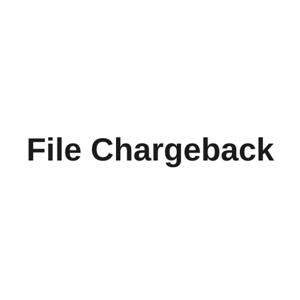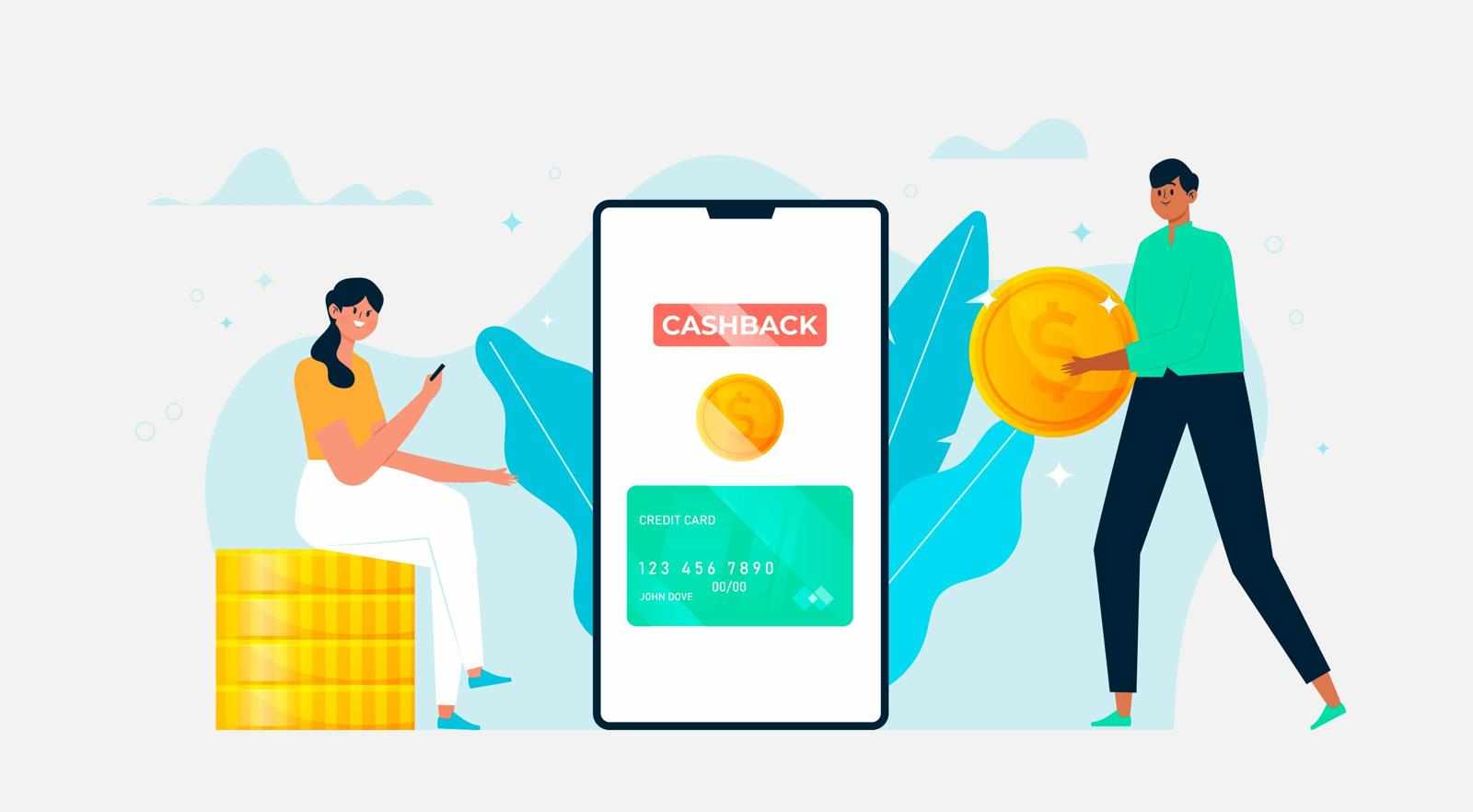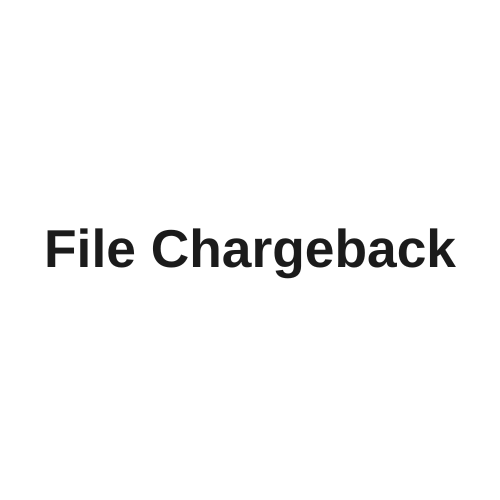For merchants using PayPal, chargebacks are an unfortunate but common part of doing business. While PayPal is a trusted payment processor for both buyers and sellers, chargebacks can bring unexpected complications, particularly when it comes to PayPal chargeback fraud, non-delivery disputes, and excessive PayPal chargeback fees. Understanding the process and having a reliable strategy in place can help safeguard your revenue.
What is a PayPal Chargeback?
A PayPal chargeback occurs when a buyer disputes a transaction by contacting their card issuer directly, rather than through PayPal. This can occur for several reasons — unauthorized purchases, undelivered items, or items significantly different from their description. When this happens, the card issuer steps in to resolve the issue, and PayPal deducts the disputed amount from the merchant’s account during the investigation.
How Much is the PayPal Chargeback Fee?
When a chargeback is filed, PayPal imposes a PayPal chargeback fee on the merchant. As of now, this fee typically ranges from $20 per transaction, though the actual amount may vary based on region and account type. These fees can quickly accumulate, especially for businesses with high transaction volumes, impacting profitability and cash flow.
Rising Risks of PayPal Chargeback Fraud
PayPal chargeback fraud is a growing concern. In this type of fraud, buyers falsely claim unauthorized transactions or non-receipt of items to get their money back while keeping the product. This can be particularly damaging for online merchants selling digital goods or high-value items. Scammers exploit weak documentation and delayed shipping updates, leaving sellers with financial losses and little recourse.
How to Strengthen Your PayPal Chargeback Protection
To minimize risk and reduce losses, merchants must adopt strong PayPal chargeback protection strategies. Some key steps include:
Detailed Transaction Records: Always keep detailed records including tracking numbers, delivery confirmation, and customer communication.
Clear Product Descriptions: Misunderstandings often lead to disputes. Avoid this by using accurate product descriptions and real images.
Timely Shipping: Use tracked, insured shipping services and update customers proactively to avoid “item not received” claims.
Customer Service: Fast, helpful customer support can often resolve disputes before they escalate into chargebacks.
Fraud Monitoring: Use tools that flag high-risk transactions to reduce the risk of fraudulent activity.
Why Work With File Chargeback?
At File Chargeback, we specialize in helping businesses manage and fight chargebacks effectively. If you're dealing with repeated PayPal chargeback fraud or struggling to handle excessive PayPal chargeback fees, our expert team is here to help. We provide targeted chargeback solutions tailored to PayPal and other major platforms. With our assistance, you can build a strong case for disputes and improve your PayPal chargeback protection process to keep more of your hard-earned revenue.
Final Thoughts
Dealing with PayPal Chargebacks doesn’t have to drain your business. By understanding the risks, fees, and protective steps available to you, and with support from File Chargeback, merchants can stay one step ahead of fraud and take control of their payment disputes.




Write a comment ...